What to Expect from RegTech in 2021
RegTech burst to the fore in 2020 and with the pandemic raging more than ever, 2021 is likely to be another year of rapid evolution.
Here’s what to expect…
It’s a new year but it comes with many of the same old problems. With the UK entering another nationwide lockdown, financial firms and regulators alike face a host of challenges. Technology will be central to how they face them.
As Thomson Reuter’s fifth annual survey shows, adoption took a gigantic leap forward over the year. The study, which shares the experiences of more than 400 compliance and risk practitioners, found that most expect adoption to continue accelerating over the coming months and years. However, the speed and success of adoption varies depending on the attitude of the firms.
Risk and governance
Any new technology needs to arrive on a firm footing. According to the survey, a quarter of all respondents said boards, risk, and compliance teams need to become more involved.
A lack of technical skills and understanding, according to firms, is currently causing them to hold back. However, digital transformation will have to involve the whole organisation. The days of letting the IT team get on with it are over.
RegTech on the rise
Firms embraced regtech throughout the year and this is likely to continue. Most respondents expected budgets to increase especially in areas such as compliance monitoring, financial crime, AML/CTF, sanctions and regulatory reporting.
The challenge is twofold. COVID-19 created immense disruption for firms. They had to adjust to homeworking and find ways to adapt compliance measures to these new realities. Regulators provided a little breathing space, but this doesn’t mean they have reduced their focus on market abuse. Far from it.
With remote working proving to be a permanent phenomenon, rather than just a temporary reaction to the pandemic, many of the band-aid solutions which got firms through 2020 will start to unravel. They will need permanent and sustainable solutions in place. This will drive further demand for regtech as firms use technology to improve remote compliance monitoring.
Cybercrime
Secondly, the threat of cybercrime will continue to grow. Fraudsters have always capitalised on times of crisis and this is no different. The UK saw a 31% increase in cybercrime during the pandemic. Social media led the way accounting for just over 50% of frauds while computer hacking ranked second.
With people and businesses thrown out of their routines, criminals have embraced the opportunity. Firms need to work hard to nullify attacks against themselves and their customers.
Equally, regulators are heightening their focus on data security. All technological developments will have to ensure customer data remains safe and sound. Brexit further complicates the picture with firms needing to ensure they meet all European data protection requirements.
New technologies
As we move into the future, new technologies will offer all sorts of new opportunities. AI and machine learning are “coming of age” and as these technologies become increasingly sophisticated, firms are gaining new ways to ensure compliance.
A remote workforce will also see a scale up of surveillance. Firms are using monitoring and behavioural analytics to assess the performance and actions of staff working from home. Much of this will be extending monitoring which had occurred in office situations into the home environment.
However, doing so will also raise questions of privacy. With staff being monitored in their own home, firms must strike a balance between ensuring staff adhere to policies and compliance requirements as well as respecting personal privacy.
Data is paramount
With technology becoming more widespread, data will be even more important than ever. Technological advances make it possible to use data in new and exciting ways. From a regulatory standpoint, monitoring data, news and development can help with managing compliance and understanding new regulatory requirements.
That data will have to be managed safely. With remote working, firms are not only transferring more data across multiple locations, they are also adding complexity to their data management measures. Staff working from home may not understand their full GDPR requirements. The use of their own devices could create endpoint risks too.
Firms will also have to manage how they process any additional data about their staff and will need to process it in a way that respects their legal rights.
The landscape is evolving fast. Firms have accelerated their digital adoption, but in doing so are moving faster than their own understanding. For all the benefits these bring, they also create risks and challenges. How firms rise to meet these challenges will be one of the big themes of 2021.
To speak to us or subscribe to our newsletter please contact us here.
Or message us via the chat icon in the bottom right corner of your screen.

